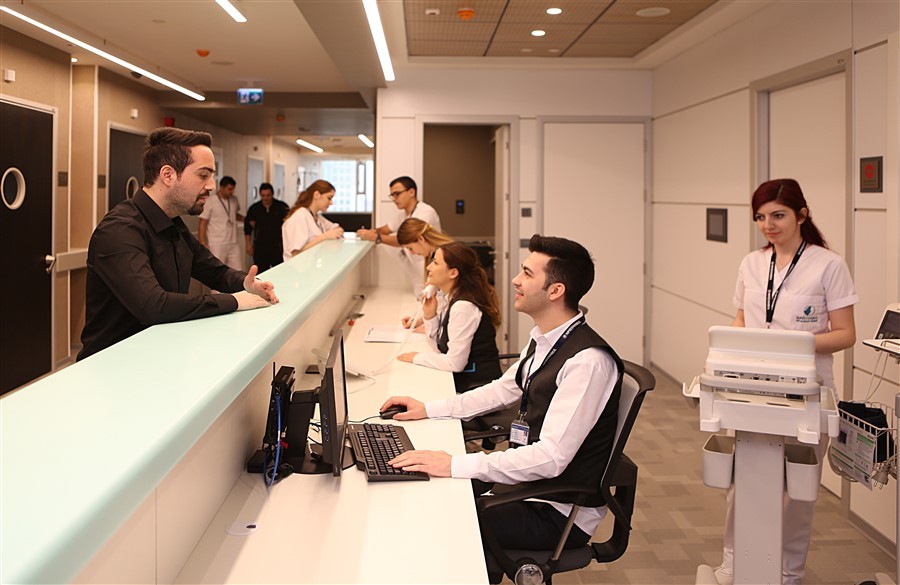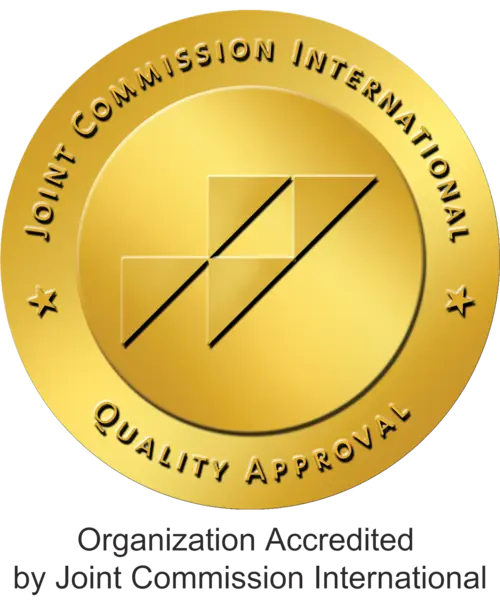Admission of Children

What Is Done In Children's First Application?
NPISTANBUL brain Hospital and Üsküdar University Feneryolu and Etiler Health Practice and Research Centers within NPGRUP provide resources to help you and your loved ones to understand and intervene in the disease.
Our basic approach;
1. Clarify the diagnosis by conducting a thorough examination and neuropsychological screening first,
2. Then make a treatment plan with methods based on measurement,
3. It is to apply the treatment by following the evidence of the brain with healthy and adequate procedures.
Correct diagnosis is the first step to planning the proper treatment. A patient who is admitted to our outpatient clinic for child and Adolescent Psychiatry for the first time first passes a psychiatric (and, if necessary, an additional neurological) examination.
Patients admitted to our outpatient clinic for child and Adolescent Psychiatry for the first time (especially those who have received treatment before but have not benefited, those with the treatment-resistant disease) undergo a detailed assessment at the stage of diagnosis.
Neuropsychological Examination
If it was not done in the last six months to children and young people with learning and attention problems, high-level brain functions (planning, attention, concentration, memory .. etc.) tests that serve to measure are applied. For this purpose, computerized tests such as SPM; COG; DAUF, NVLT or a particular group of tests performed by mutual negotiation techniques are used that correspond to the patient's condition.
Removing A Speech Profile
Children and adolescents with speech delay, stuttering, pronunciation problems are evaluated by a language and speech therapy specialist, and the necessary tests and examinations are performed, and the therapy method is planned according to the patient's needs for the identified speech problem.
Removing Personality Profile
In necessary cases and in appropriate patients, tests such as MMPI, Rorschach are performed, and personality traits are looked at. It is understood whether the patient has a compulsive personality structure that creates intense anxiety or impaired perception and/or thought and thus leads to impaired brain function in the secondary process. The findings are used in the treatment process.
Cardiovascular Evaluation
Blood pressure and pulse measurements are performed on each patient. Electrocardiography (ECG) is performed for those who have cardiovascular complaints, those who take drugs that carry cardiac risk, and those who are just starting.
Neuroimaging
If it has not been performed in the last six months, at least one of the quantitative EEG [QEEG], volumetric cranial MRI examinations is performed to examine in detail whether there is a deterioration in the structure or functioning of the brain. If necessary, pet, SPECT, functional MRI can be performed for further examination. A cranial MRI or computed tomography is accomplished if it has not been completed within the last six months in patients with a complaint indicating mental function/neurological disease. Which imaging technique to use is determined after the neuropsychiatric examination.
Sleep Lab
In patients with suspected sleep disorders or epilepsy, polysomnography, which is thought to help with diagnosis, can be performed all night with 12/24 hours of video monitoring EEG. The patient's sleep profile is extracted, and its relationship with the psychiatric/ neurological table is investigated.
Neurobiochemical Evaluation
If necessary, children and teenagers are tested for vitamins, minerals, the amount of iron in the blood (anemia), blood sugar disorders that can affect brain function, liver and kidney function, the presence of a common or brain-affecting infection is investigated.
Neuroinflammatory Evaluation
ASO, CRP, various autoantibodies that show rheumatic or immune system and brain function in the body when necessary for children and adolescents ... this is followed by testing, etc.
Neuroendocrine Evaluation
Patient complaints (ex. Weight change, energy reduction, palpitations, tremors, memory-attention problems ... etc) if it is suspicious for certain diseases, weight measurement is performed and the levels of hormones that accompany psychiatric tables such as thyroid, cortisol, prolactin and affect brain function are necessarily looked at.
Toxic Screening
In people with drug or addictive substance use that affects brain function, these substances are investigated in the blood/urine. It is repeated regularly at the beginning of treatment and during follow-up.
Clinical Pharmacogenetic Evaluation
In children or adolescents taking drugs, drug blood levels rise above treatment values, or drug interactions can lead to impaired brain function. To detect this, blood levels (Monitoring Therapeutic levels) of the drugs used are measured. In patients who do not respond to treatment, the pharmacogenetic examination is performed, and patient-specific treatment options are determined.




